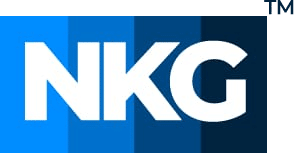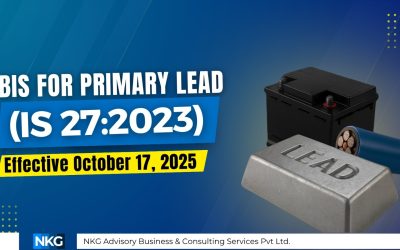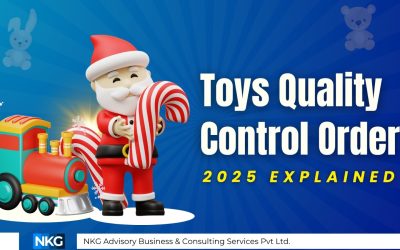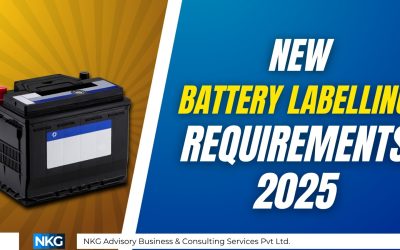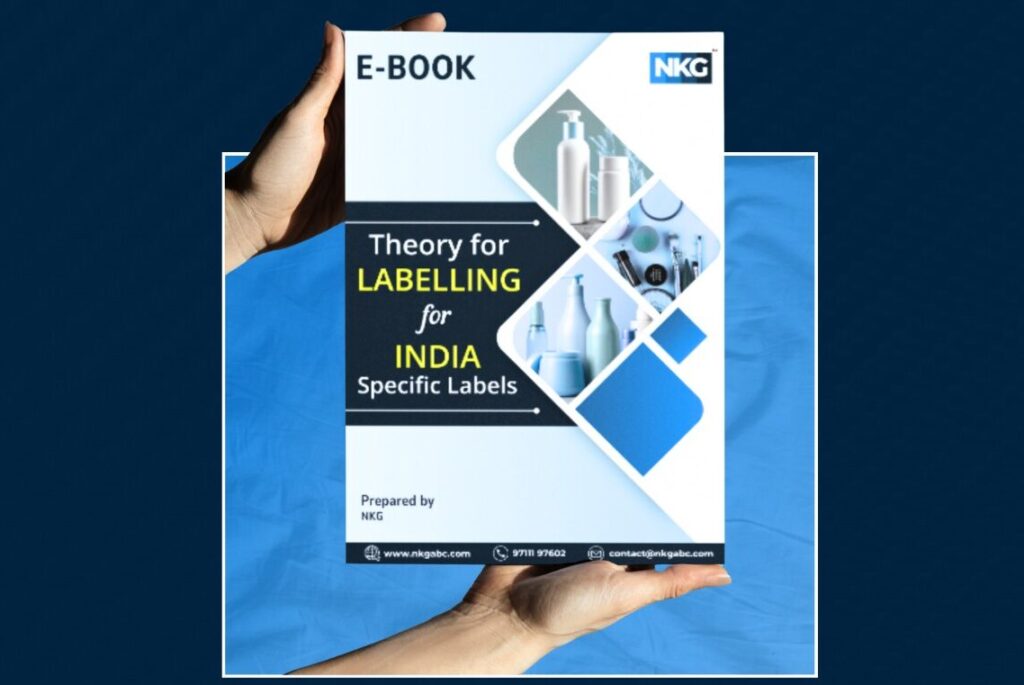Why Pulse Oximeter Compliance Matters for Manufacturers and Importers
A pulse oximeter is a critical medical device used to measure blood oxygen levels (SpO2) and pulse rate. With the rising demand for health monitoring devices worldwide, the market for pulse oximeters is growing rapidly. However, you must comply with stringent regulatory standards like CDSCO, FDA, and CE certification to manufacture, import, or distribute pulse oximeters.
For manufacturers and importers, compliance is not just a legal requirement, it ensures product safety, builds trust, and unlocks access to global markets. In this blog, we’ll cover everything you need to know about pulse oximeter compliance when you need it, and how NKG Advisory can help you navigate the regulatory landscape.
1. What Is a Pulse Oximeter and Why Is It in High Demand?
A pulse oximeter is a small, portable device that measures blood oxygen levels by detecting light absorption through the skin. It is widely used by:
- Hospitals and clinics for continuous patient monitoring.
- Home healthcare providers for patients with chronic respiratory issues.
- Athletes and fitness enthusiasts to track oxygen levels during physical activity.
According to market research, the global pulse oximeter market is expected to grow significantly, driven by the increasing prevalence of cardiovascular and respiratory diseases. For manufacturers and importers, this presents a huge business opportunity and a help to those, but only if their products meet the necessary compliance standards.
2. Regulatory Requirements for Pulse Oximeters in India
In India, pulse oximeters are classified as low-risk Class A medical devices under the Medical Devices Rules, 2017, governed by the Central Drugs Standard Control Organization (CDSCO).
If you are a manufacturer, importer, or distributor, you must:
- Obtain a Manufacturing License (MD-5) for locally produced devices.
- Secure an Import License (MD-15) for foreign-made pulse oximeters.
- Ensure compliance with CDSCO labeling, testing, and documentation standards.
- Register your device in the Medical Device Registry before marketing it.
Non-compliance can lead to penalties, product recalls, or restrictions on sales, affecting your business operations.
3. Why Compliance Is Crucial for Manufacturers and Importers
For manufacturers and importers, strict compliance is essential for:
- Market Access: You cannot legally sell or distribute pulse oximeters without proper licenses.
- Product Credibility: Regulatory approval boosts customer trust and credibility.
- Legal Protection: Compliance reduces the risk of penalties, product recalls, or lawsuits.
- Quality Assurance: Following standards ensures your products meet safety and performance benchmarks.
4. Key Challenges in Pulse Oximeter Compliance
Manufacturers and importers often face challenges such as:
- Complex Licensing Processes: Navigating CDSCO, FDA, and CE requirements can be time-consuming.
- Product Testing and Documentation: Ensuring your device meets accuracy, safety, and performance standards.
- Frequent Regulatory Updates: Keeping up with changing guidelines for medical devices.
- Labeling and Packaging Compliance: Ensuring proper labeling and usage instructions.
These challenges can delay your product launch or prevent you from entering certain markets without the right expertise.
5. Future Trends and Market Opportunities for Pulse Oximeters
With the growing demand for home healthcare devices, pulse oximeters are gaining popularity in domestic and international markets.
- In India, the demand for affordable and accurate pulse oximeters is rising, creating opportunities for local manufacturers.
- Globally, the market is projected to reach $3.2 billion by 2028, driven by the expansion of telehealth and remote monitoring.
- Smart Oximeters: The future will see AI-powered and app-integrated oximeters, offering real-time monitoring and data sharing.
For manufacturers and importers, staying ahead of compliance requirements is key to capitalizing on these opportunities.
Conclusion
If you’re a pulse oximeter manufacturer, importer, or distributor, ensuring regulatory compliance is vital for market success. From CDSCO registration to FDA and CE approvals, NKG offers end-to-end regulatory support to help you confidently meet compliance requirements.
Looking for more insights on compliance, certifications, and industry updates? Explore our blog page for expert guidance and actionable information. Visit Now
